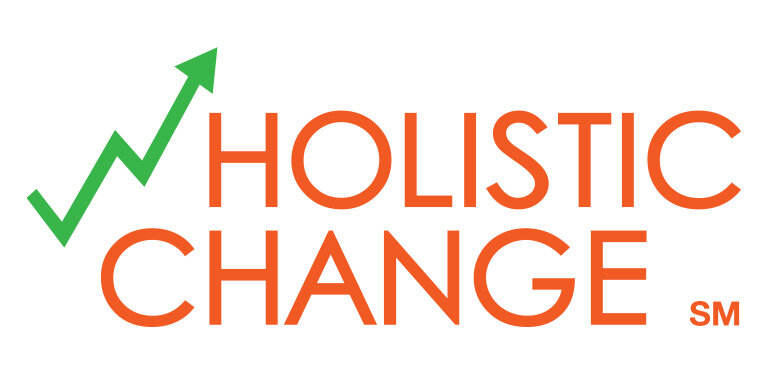When there are multiple people involved in and impacted by the change, making sure that everybody’s voice is heard takes on huge importance.The Facilitator's role is to make this happen. The Facilitator needs to reach out to everybody, bring them together, and ensure that every person has had an opportunity to state their point of view and their needs. Sometimes it can require detective work, cajoling, mediation, asking the right questions, and checking for understanding -- all standard facilitation skills.The Facilitator will need to establish the ground rules that will be followed during discussion. Setting ground rules makes sure everybody knows the expectations for how they will interact -- what are the right forums for bringing up topics and how will they be answered. A decision-making protocol also needs to be defined. Will the group make decisions by consensus, will all parties have an equal voice or will there be a higher authority who makes the decision? Clearly defining how decisions will be made will make sure nobody gets alienated because they feel they aren't being heard and they don't know how to get a decision on a point they're raising.The Faciliatator is the gatherer of information as they are working with all of the parties. Whatever the Facilitator learns needs to be fed to the entire change team, especially the Integrator and the Communicator to enable them to perform their roles.The Facilitator is also in a great position to first recognize risks and issues. Anything uncovered needs to be passed on to the change team -- especially to the Champion and Sponsor so that the risk or issue can be addressed.More to come on the other roles in the upcoming blogs!

